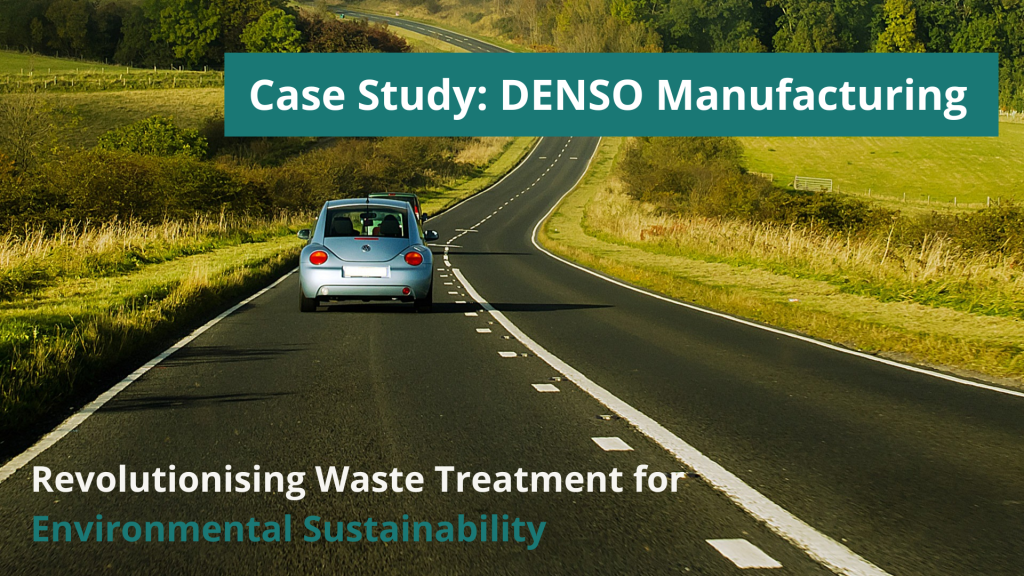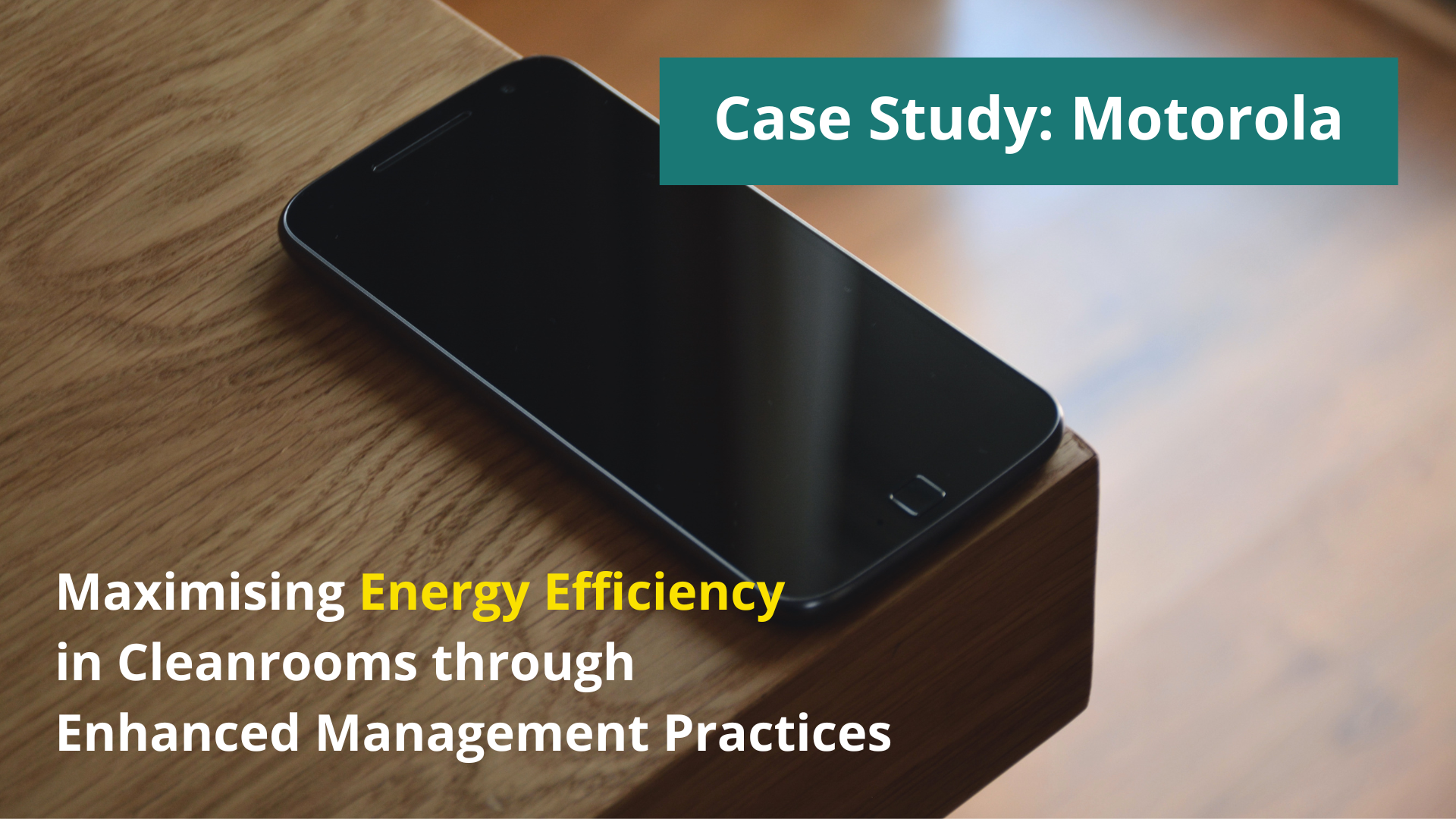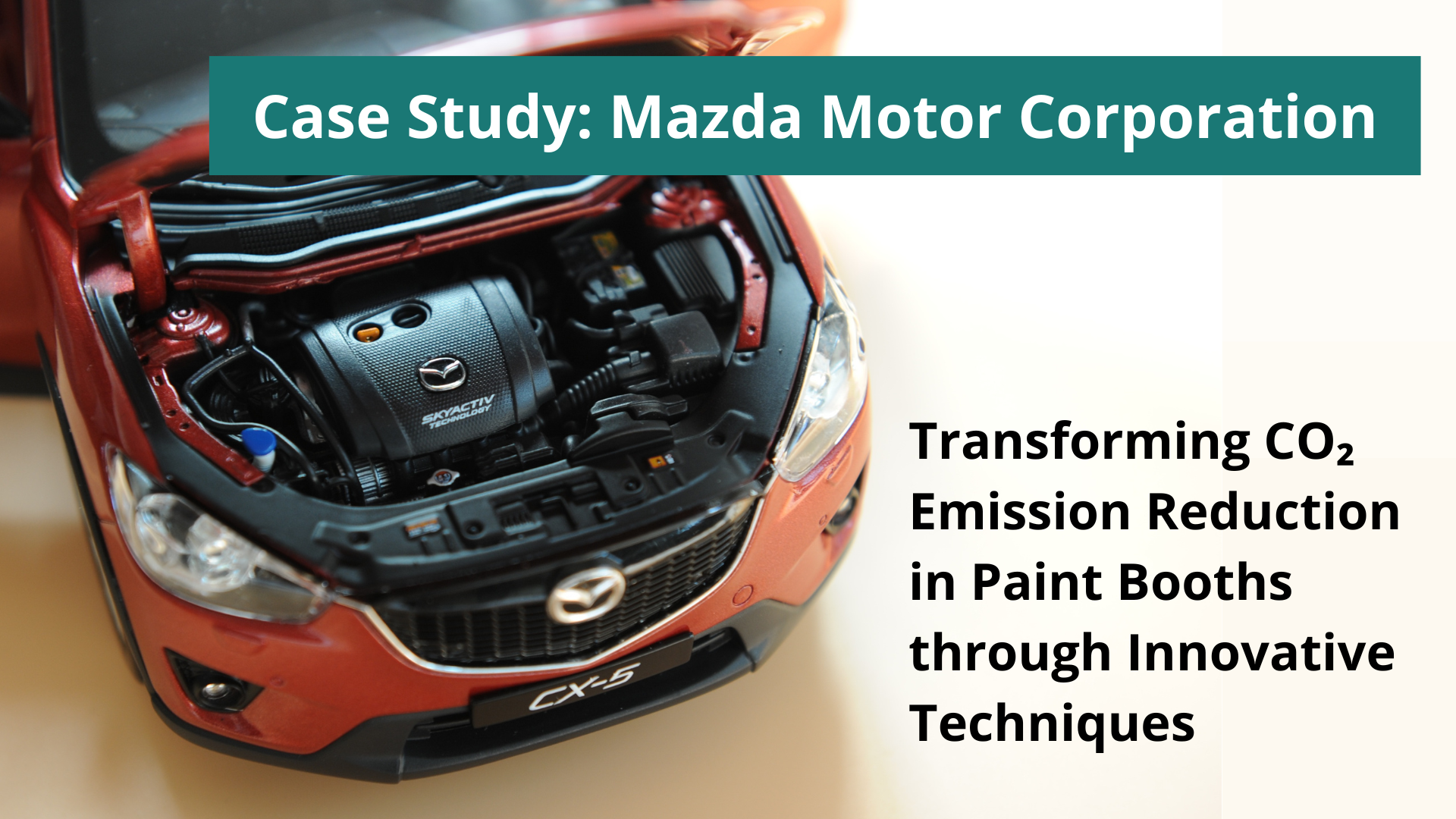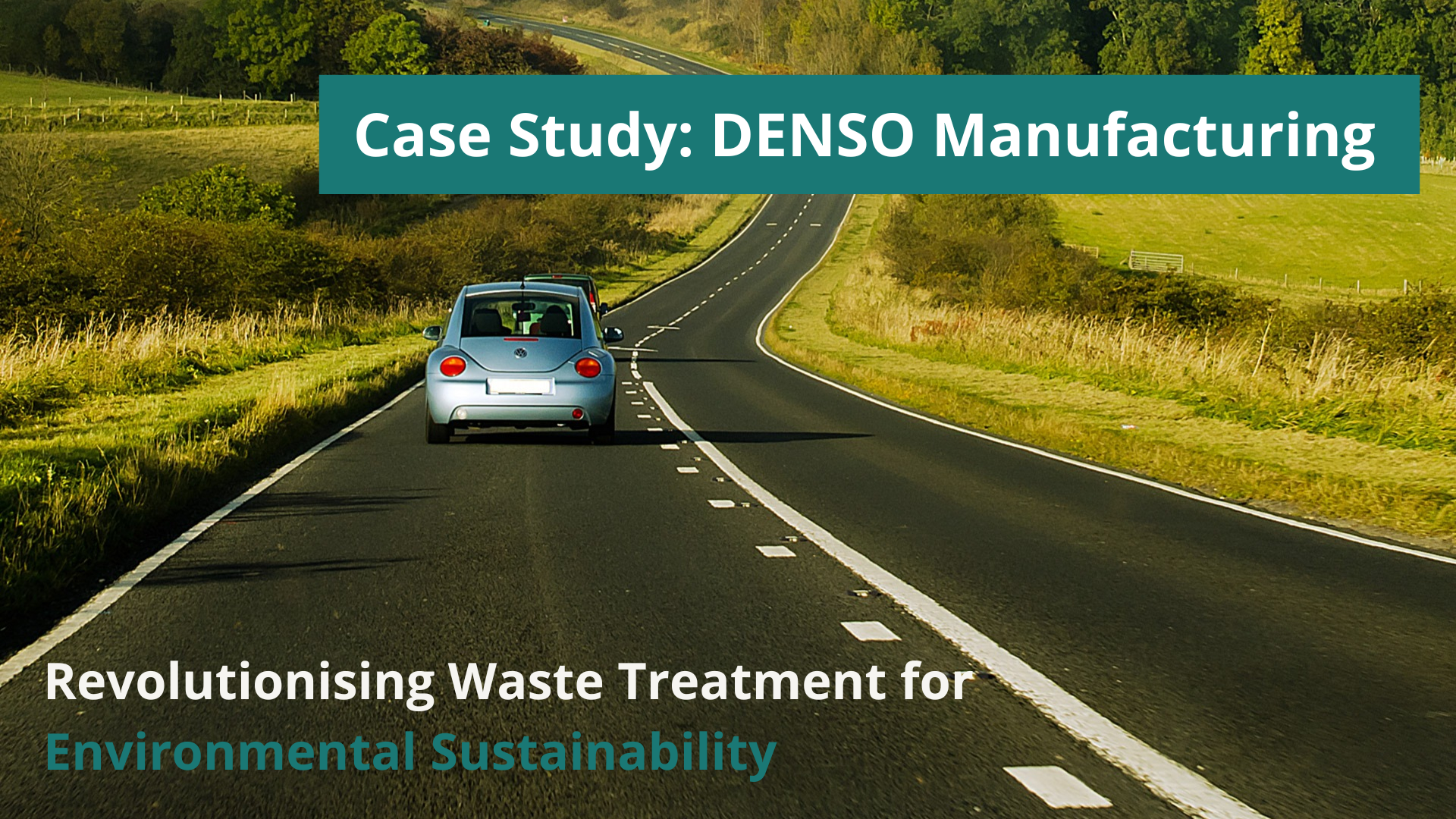
In the pursuit of a more sustainable waste management approach, DENSO Manufacturing (UK) set out to find an environmentally friendly solution for their waste treatment. As a manufacturer of air-conditioning units for the automotive industry, DENSO recognised the importance of reducing their carbon footprint and minimising transportation requirements. Through their collaboration with the National Industrial Symbiosis Programme (NISP), DENSO achieved remarkable results in optimising their waste disposal methods.
Case Study: DENSO Manufacturing
Best Environmental Management Practice
DENSO had already established a sustainable disposal route for their waste filter cake, a byproduct of their manufacturing process. However, they sought an alternative option that would yield greater environmental benefits while minimising transportation needs. To address this challenge, DENSO actively participated in NISP’s ‘Resource Matching’ workshops, seeking inspiration and guidance from industry experts.
The NISP practitioners conducted a comprehensive analysis of DENSO’s manufacturing processes, focusing on waste reduction at the source and exploring recovery, reprocessing, and reuse options when waste generation was unavoidable. One significant recommendation put forth by NISP was the implementation of an on-site solution utilising waste heat from DENSO’s manufacturing systems to dry the filter cake. By reducing its moisture content, the dried cake could be repurposed for alternative processes.
Environmental Aspects Affected
By adopting NISP’s recommendation, DENSO achieved multiple environmental benefits. Firstly, the on-site drying system resulted in a significant reduction of 18 tonnes of waste filter cake per year. Moreover, the solution greatly minimised transportation requirements, eliminating the need for 200 miles of road transport annually. This reduction in transportation not only contributed to a decrease in carbon dioxide emissions but also enhanced DENSO’s overall carbon footprint.
Rationale / Economics
The rationale behind implementing the on-site drying solution was twofold. Primarily, it aligned with DENSO’s commitment to sustainable practices and reducing their environmental impact. By finding a more efficient and eco-friendly method of waste treatment, DENSO demonstrated their dedication to environmental stewardship. Additionally, the new system offered economic advantages by optimising resource utilisation and reducing operational costs associated with waste disposal and transportation.
DENSO’s collaboration with NISP led to the successful implementation of a sustainable waste treatment. Through the utilisation of waste heat and the on-site drying of filter cake, DENSO achieved substantial reductions in waste generation and carbon emissions. This innovative approach not only demonstrates the company’s commitment to environmental responsibility but also highlights the economic benefits that can be gained through environmentally sustainable practices.
Download Free Guide on Best Environemntal Management practices in Fabricated Metal Product Manufacturing Industry that will help you to save on costs and be more eco-friendly.
If you would like to achieve benefits and integrate your business processes with the best environmental practices through the implementation of the Environemntal Management System according to ISO 14001 – visit www.iso14001in14weeks.co.uk – I will be happy to help!

Ph.D. Beata Paliwoda
Founder and Owner of EQM. Environmental and quality consultant and auditor. Professional career built in Quality Assurance departments in various companies from the automotive, aerospace, railway industries, as well as a management systems consultant. Successfully completed many complex projects related to the implementation of management systems, process improvements and business transformation. Auditor of ISO 9001, ISO 14001, AS 9100, project manager of APM, lecturer at the Poznan University of Business and Economics, researcher on the effectiveness of EMS and QMS in organisations.
Sources
- European Commission, Best Environemntal Management Practices for Fabricated Metal Product Manufacturing, EUR 30025 EN, 2020, doi:10.2760/894966
- https://www.denso.com/uk/en
- NISP, 2012, National Industrial Symbiosis Programme – Case Studies. DENSO has its cakes and H-eats it!, available online at: http://www.nispnetwork.com/mediacentre/case-studies/40-denso-has-its-cake-and-h-eats-it last accessed 1st September 2015
Disclaimer
The purpose of this blog post is to promote best environmental management practices and showcase a real-life example of sustainable initiatives. The information provided is based on available sources and is intended for general informational purposes only. The author does not assume any liability for the actions or decisions made by other organisations or individuals based on the content of this blog post. The author also does not claim to have been directly involved in the implementation of the described practices within the specific company mentioned.






